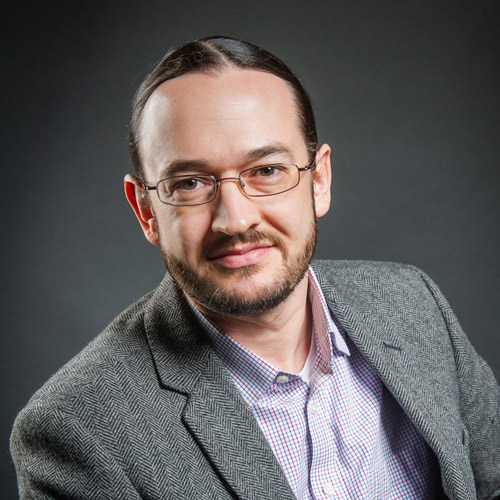Video: Her Grandmother’s Brain Tumor Treatment Inspired This BU Doctor’s Career
Video: Her Grandmother’s Brain Tumor Treatment Inspired This BU Doctor’s Career
Video: Her Grandmother’s Brain Tumor Treatment Inspired This BU Doctor’s Career
Nearly 20 percent of people globally will have cancer in their lifetimes—but they won’t all receive the same level of care. Their chances of a good outcome, of survival, will be shaped by factors like where they live, their gender, their education level, how much money they have.
Growing up, Minh T. Truong saw firsthand the devastating effect that a lack of access to healthcare can have on patients and their families when she almost lost her grandmother to a brain tumor. The fight to save her grandmother’s life inspired her to pursue a career in medicine and, later, oncology. It also helped define her mission to make sure everyone gets the care they deserve.
Today, Truong (Questrom’24) is one of the nation’s leading cancer doctors, a Boston University Chobanian & Avedisian School of Medicine chair and professor of radiation oncology, and chief of radiation oncology at Boston Medical Center, BU’s primary teaching hospital. But in the early 1980s, she was just a kid watching her grandmother suffer the debilitating effects of a tumor.
Although Truong grew up in the stability of Australia, her family story was shaped by war and uncertainty in Vietnam, where both her parents were born. They had traveled to Australia in the 1960s to advance their education. But as the Vietnam War escalated, and returning to their fractured homeland became infeasible, they sought permanent residency. Other family members left Vietnam through the 1970s and ’80s, some as boat refugees, many using the Truongs’ home as a starting point for their new lives. But some stayed, including Truong’s grandmother.
During a childhood visit to Vietnam, Truong remembers her grandmother battling the symptoms of the persistent and worsening noncancerous brain tumor. With a lack of access to specialized care, her prospects for a long, healthy life were slipping away. Eventually, the family brought Truong’s grandmother to Australia. The modern care she was finally able to receive extended her life for another 20 years—and lit a spark in her granddaughter.
The experience set Truong on the path to medical school and to spending an early part of her training volunteering in under-resourced cancer clinics in Vietnam.
“Growing up in Australia, I became aware of inequities in healthcare that existed even within a developed nation—particularly among Indigenous, migrant, and rural populations,” says Truong. Combined with her grandmother’s experience in Vietnam, seeing those inequities “deepened my awareness of the gap between opportunity and circumstance. These memories guided me toward medicine and later toward oncology, where the balance between science, humanity, and equity felt both necessary and personal.”
She has since dedicated her clinical career and research to not just helping cancer patients lead longer, healthier lives, but also to closing equity gaps and allowing more people to access treatment.
“In cancer medicine, you develop a relationship with your patients,” says Truong. “It’s not just about navigating their cancer journey, it’s trying to get them through their cancer journey with all the other things that’s going on in their life.… [You’re] helping them through probably one of the most difficult periods, so that they can get on with the rest of their life.”
This Series
Also in
Cancer Research at Boston University
-
November 14, 2025
“Science Saved My Life”: Cancer Survivor and BU Alum Joy Huber on Why Research Matters
-
November 14, 2025
With New Technology and Innovative Treatments, BU Cancer Research Is Saving Lives
-
November 14, 2025
Living with Cancer: How BU Programs Help Patients, Students Stay Resilient in the Face of a Life-Changing Diagnosis



